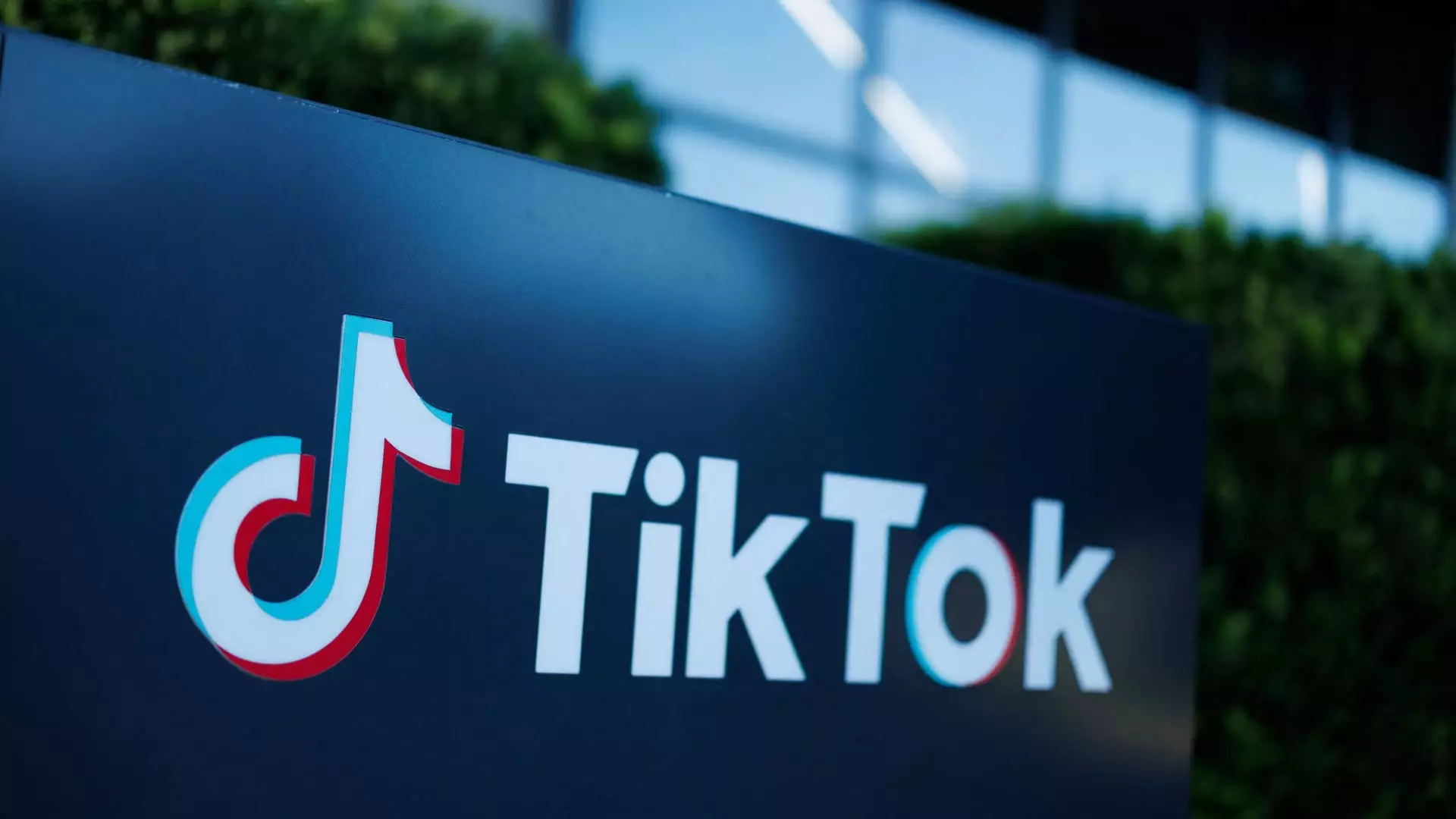TikTok has rapidly ascended as a leading platform in the realm of social media, capturing the attention of millions, particularly the younger demographic. However, recent allegations against the platform have sparked serious concerns regarding its ethical standing and business practices. A coalition of attorneys general, led by Brian Schwalb from the District of Columbia, has brought forth disturbing claims about TikTok’s operation of an unlicensed virtual currency, equating it to a financial exploitation scheme targeting children. This article delves into the allegations and their implications, emphasizing the need for reform in how social media companies operate financial transactions involving minors.
At the forefront of this legal battle is the assertion that TikTok is not merely a social media platform, but rather a financial entity that preys on children’s inexperience with money. The lawsuit claims that TikTok’s virtual currency, dubbed TikTok Coins, enables children to engage in financial transactions without proper oversight or regulation. The primary allegation asserts that the company has failed to secure the necessary licensing to facilitate these transactions, thus violating local money transmission laws.
According to the lawsuit, TikTok Coins can be purchased with real money, and the company retains a significant cut—up to 50%—from these transactions. Children are further alleged to be taking advantage of flawed age-verification processes that allow them to bypass age restrictions with relative ease. This creates a troubling scenario where minors are able to engage in financial dealings within a virtual environment, unaware of the consequences. The implications of this practice reach beyond individual financial harm; they pose systemic risks to children’s well-being by normalizing the monetization of their digital interactions.
Central to the economic framework that TikTok has developed is its livestreaming feature. Users of the app can receive virtual “gifts” from viewers, which can subsequently be exchanged for real money. This monetization strategy has been lucrative, but it comes at a cost. Children who purchase TikTok Coins to send gifts are, according to the allegations, being manipulated into spending their own or even their parents’ money. This leads to a cycle of expenditure that many children may not fully comprehend, thereby exacerbating the potential for financial exploitation.
Experts in the field have highlighted how these practices mirror those found in the gaming industry, where in-game purchasing mechanisms are often employed in ways that capitalize on a player’s inexperience or impulsivity. The subtle integration of virtual currency into everyday social interactions on platforms like TikTok raises critical questions about the ethics of such business models, particularly in relation to their young, impressionable user base.
The legal framework surrounding these allegations rests on the principle that children require protection from financial exploitation due to their developmental immaturity. As Gabriel Robins, a computer science professor, points out, children cannot be expected to understand the nuances of digital transactions, particularly when they are shrouded in seemingly innocuous packaging. This lack of comprehension places a moral obligation on social media companies to ensure that their platforms do not serve as facilitators of exploitation.
The statement from TikTok disputing the allegations reflects a common refrain from tech companies that challenges the validity of such claims. However, the magnitude of the coalition of attorneys general involved in the lawsuit indicates that this issue transcends individual grievances. Instead, it may prompt a broader reevaluation of how digital currencies and monetization strategies are regulated across social media platforms.
The ongoing lawsuit against TikTok shines a spotlight on the urgent need for stricter safeguards in the digital economy, especially those that pertain to minors. As the lines continue to blur between entertainment and commerce on social media, it becomes imperative that regulations evolve to address the complexities of digital transactions.
Should the allegations against TikTok be upheld in a court of law, it could serve as a catalyst for significant changes across the industry. Other platforms may be compelled to reassess how they engage with young users financially, potentially leading to a reform of age-verification processes and the need for greater transparency regarding monetary transactions.
As society navigates the uncharted waters of digital commerce, maintaining a vigilant stance against exploitation remains crucial. Protecting children’s rights in this rapidly shifting landscape should not only resonate within legal circles but also inspire proactive measures from tech companies themselves, fostering environments where their users—especially the youngest—can thrive without the threat of financial manipulation.


Leave a Reply